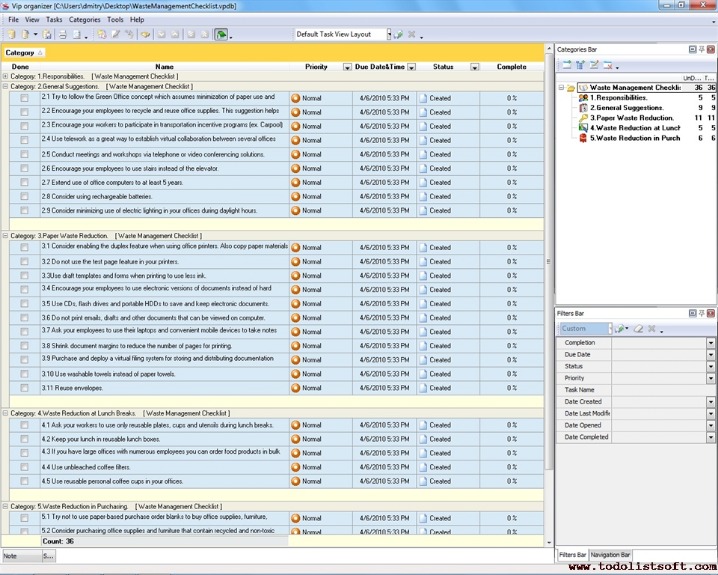The modern era has brought significant emphasis on sustainability and environmental responsibility. One crucial concept making waves in the realm of waste management is Extended Producer Responsibility (EPR). EPR aims to hold manufacturers accountable for the entire lifecycle of their products, including the post-consumer phase. This accountability drives sustainable packaging and effective waste management solutions, minimizing environmental impacts.
Understanding the Premise of EPR
The principle behind EPR is that producers should bear the costs associated with the disposal of their products. By integrating these costs, companies are incentivized to design products that are easier to recycle, reuse, or dispose of, thus reducing their environmental footprint. The ultimate goal is to foster a circular economy where materials are continuously repurposed.
The Introduction of EPR in the United Kingdom
The Extended Producer Responsibility UK program has been pivotal in reshaping waste management strategies. The legislation mandates producers to take responsibility for their products by ensuring that they are collected and recycled after their useful life. This obligation extends to a wide array of products, from electronics to packaging materials.
Additionally, the Extended Producer Responsibility UK initiative encourages producers to collaborate with waste management firms and local authorities. Through these partnerships, a more efficient and comprehensive approach to waste collection and recycling can be implemented, ensuring that fewer products end up in landfills.
Impact and Benefits of EPR Systems
The benefits of implementing an EPR system are manifold. First, it reduces the environmental impact of waste by promoting recycling and reuse. Second, it alleviates the financial burden on municipal waste management systems, as producers cover the costs associated with their products. Third, EPR can stimulate innovation, as companies strive to create more sustainable and economically beneficial product designs.
With the focus on EPR systems, the UK is already witnessing impressive results. The drive towards more sustainable packaging solutions, coupled with increased awareness about recycling, has sparked significant change. As the framework continues to evolve, the potential for future environmental benefits remains substantial.
Challenges and Future Directions
Despite the numerous advantages, implementing an EPR system is not without challenges. One primary concern is ensuring compliance across industries. Regular monitoring and enforcement mechanisms are required to ensure that all producers adhere to the set guidelines. Another challenge lies in consumer participation; educating the public on the importance of recycling and actively participating in waste reduction initiatives is crucial.
Looking ahead, the success of EPR in the UK could serve as a model for other countries. As global environmental consciousness grows, EPR systems could be instrumental in achieving more sustainable and efficient waste management solutions worldwide.
In summary, Extended Producer Responsibility UK represents a significant step toward sustainable waste management. By holding producers accountable for their products’ post-consumer phase, the framework promotes a circular economy, reduces landfill waste, and encourages more environmentally-friendly product designs.



